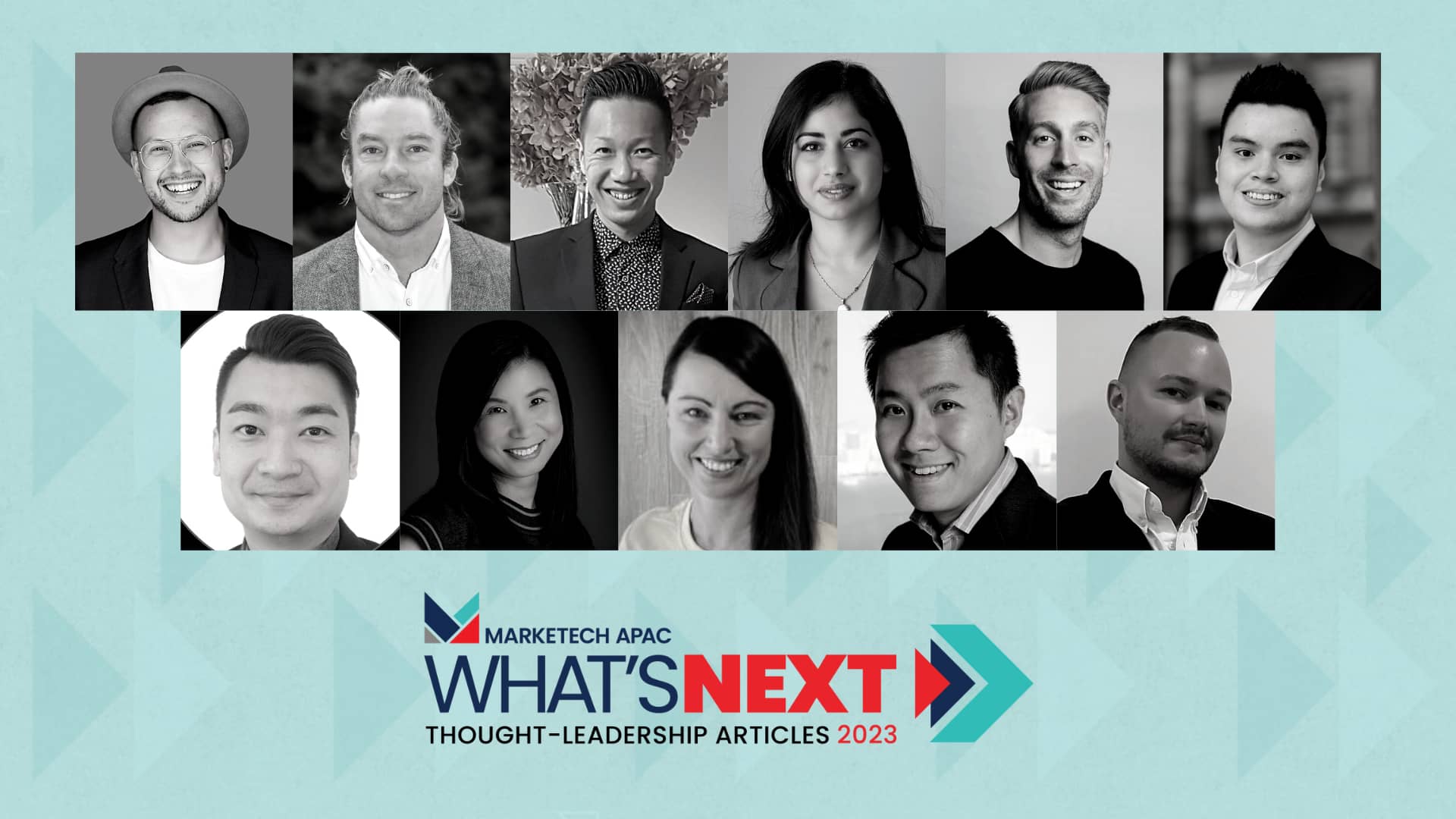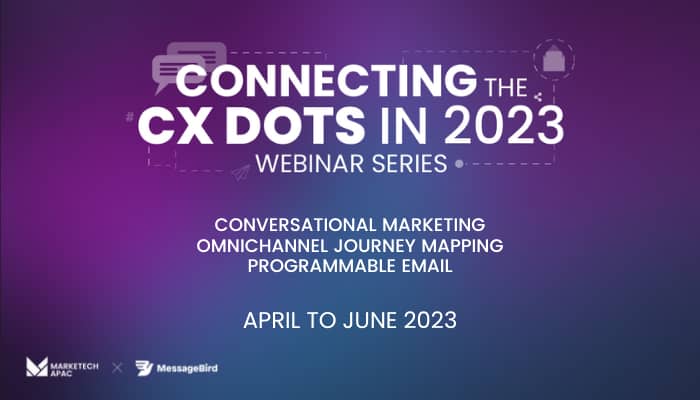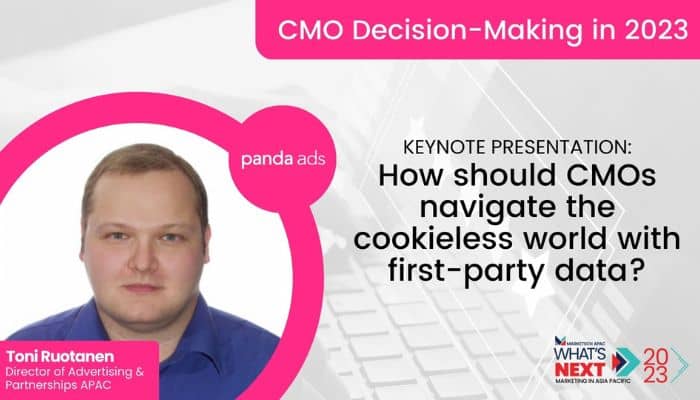It is the year 2023. For a very long time we have been warned about the levels of data that are collected about us online and the consumer becoming more and more identifiable. Yet, we all see ads daily that are absolutely irrelevant to us and what will never turn us into a consumer or even would probe us to consider the advertising brand.
The Challenge Many Brands Face Today
In an era of increasingly targeted marketing and limited budgets, how can brands effectively reduce wastage and improve performance by ensuring that their ads reach the right audience? For example, how can we prevent a consumer with no children from seeing a diaper ad or a vegetarian from being exposed to a burger ad? The key lies in developing personalised marketing strategies at scale that cater to individual preferences and needs, ultimately enhancing both brand image and return on investment.
To achieve this, brands have to understand their core consumer in the best way possible and identify the demand opportunities they want to focus on to enhance ROI. This is then followed by the question of how to target these audiences in the most efficient and effective way in a world that is becoming more complex.
Understanding Your Audience: The First Step to Success
Brands might not know their customers and potential customers well enough to determine the right strategies for engagement and growth. By understanding the audiences in their full granularity, we can identify which segments are more profitable and tailor our communication blueprint.
The Approach: Applying the Pareto Principle
The Pareto principle, also known as the 80/20 rule, suggests that 80% of a company’s profits come from 20% of its customers (this applies best to leading brands in well-established categories). By targeting these “core customers,” businesses can increase customer retention, boost sales, and drive growth. However, identifying and communicating with these key customers can be a challenge for marketers, particularly during times when budgets are split between brand and performance objectives, and many brands struggle with long-term brand building while chasing short-term sales goals.
Breaking Down Silos for Effective Strategies
Breaking down silos between CRM, Media, Creative, and Data teams is necessary to help build effective strategies that efficiently communicate with these audiences along the funnel. Core customers are those who make repeated purchases, provide feedback, have higher Life Time Value and refer others to the business. Targeting them at scale with high efficiency requires a deep understanding of their characteristics, needs, and behaviours, which can be achieved through data analysis and personalization techniques. While the 80/20 rule may not hold true for every business, analysing data to identify key customers should be crucial for maximising business success for all marketers.
Who needs to be in charge to tackle the challenge?
The simple answer is every team needs to own it and the CMO needs to break down silos between CRM, Media, Creative, Data and Insight teams.
As privacy concerns and data regulations continue to evolve, targeting audiences effectively while remaining compliant is becoming more challenging. However, there are still ways to reach target audiences in a world that is becoming less targetable. Here are some strategies that companies can use:
- CRM: The customer relationship management (CRM) team is responsible for managing the customer database and developing strategies to improve customer retention and loyalty. The CRM team can play a critical role in identifying key customers and tailoring marketing strategies to meet their needs.
- Data: The data team is responsible for analysing customer data and developing insights that can inform marketing strategies. By leveraging data analytics tools, the data team can help identify key customers, track their behaviour, and develop personalised marketing strategies.
- Media: The media team is responsible for developing and executing marketing campaigns across different channels. By tailoring campaigns to key customers, the media team can help increase engagement and drive sales. Experiment with new targeting technologies: As privacy concerns continue to evolve, new targeting technologies are emerging that can help companies reach audiences in a compliant way. For example, contextual targeting based on artificial intelligence (AI) can analyse the meaning of web pages and match ads to the content that users are viewing. Other technologies, such as differential privacy and federated learning, are being developed to help protect user data while still allowing for effective targeting.
- Insights: Insight teams in a marketing department gather and analyse data to provide actionable insights that shape marketing strategies and drive business growth. They play a key role in market research, customer segmentation, consumer behaviour analysis, campaign performance analysis, product development, competitive analysis, forecasting, and reporting.
- Creative: The creative team is responsible for developing the visual and messaging components of marketing campaigns. By working closely with the other teams, the creative team can develop personalised and effective marketing messages that resonate with key customers.
Ultimately, successful implementation of the 80/20 rule requires a collaborative effort among all these teams that requires support from top-level management. Moreover, collaboration between creative and media teams is essential to turn the segmentation into a reality. Some of those steps to make that possible include:
- The magic comes to life when creative and media teams collaborate closely together to develop effective marketing informed by data and rigorously optimise and improve.
- Share data and insights: The media team can provide the creative team with insights about the target audience, such as demographics, interests, and behaviours. This information can help the creative team develop messaging and visuals that are more likely to resonate with the audience.
- Develop media-specific creative: The creative team can develop messaging and visuals that are tailored to specific media channels. For example, social media campaigns may require shorter, more attention-grabbing visuals and messaging compared to email campaigns. By tailoring creative to specific media channels, the campaign can be more effective in engaging the target audience. The cookie cutter approach is not going to work anymore.
- Test and optimise creative: The media team can provide data about the performance of the campaign, such as click-through rates, conversions, and engagement rates. The creative team can use this information to optimise the creative, such as testing different visuals or messaging to improve campaign performance.
An example of a clearly defined and carved out demand opportunity that has resulted in a tailored communication is this activation from McDonald’s.


Navigating Privacy Concerns and Data Regulations
As privacy concerns and data regulations continue to evolve globally, targeting audiences effectively while remaining compliant is becoming more challenging. However, there are still ways to reach target audiences in a world that is becoming less targetable. Here are some strategies that companies can use:
- Focus on first-party data: First-party data refers to data collected directly from customers or prospects. This could include data from website analytics, customer relationship management (CRM) systems, or loyalty programs. By using first-party data, companies can develop more personalized messaging and offers that are tailored to individual customers.
- Foster partnerships: Building strong relationships with key partners, such as publishers, ad tech vendors, and data management platforms, can help you better understand your audience and leverage their expertise to develop more targeted marketing campaigns. Collaborating with partners can also help you navigate the rapidly changing landscape of privacy regulations and targeting technologies. Start to develop personalized messaging and offers using data collected directly from customers or prospects.
- Measure success and iterate: Continuously monitoring the success of your marketing campaigns is crucial for refining your strategies and ensuring that you are effectively reaching your key customers. By analyzing the data and adjusting your campaigns based on insights and feedback, you can improve your targeting, messaging, and overall marketing effectiveness over time.
- Use contextual targeting: Target ads based on the context of the content being viewed and continuously test and experiment with different personalization tactics to find what works
Conclusion
In an age where personalization is king and consumer privacy is a top concern, brands must develop strategies that effectively target their core customers at scale with high efficiency. By breaking down silos between CRM, Media, Creative, Insights and Data teams, leveraging first-party data, experimenting with new targeting technologies, fostering partnerships, and prioritizing customer experience, companies can navigate the complex landscape of privacy regulations while still reaching their target audiences and driving growth. Implementing these strategies will not only help brands reduce wastage and improve performance, but also build trust and foster long-term relationships with their most valuable customers.

This article is written by Jan Harling, chief executive officer at Virtus Asia Consulting
The insight is published as part of MARKETECH APAC’s thought leadership series under What’s NEXT 2023. What’s NEXT 2023 is a multi-platform industry initiative which features marketing and industry leaders in APAC sharing their marketing insights and predictions for the upcoming year.

















